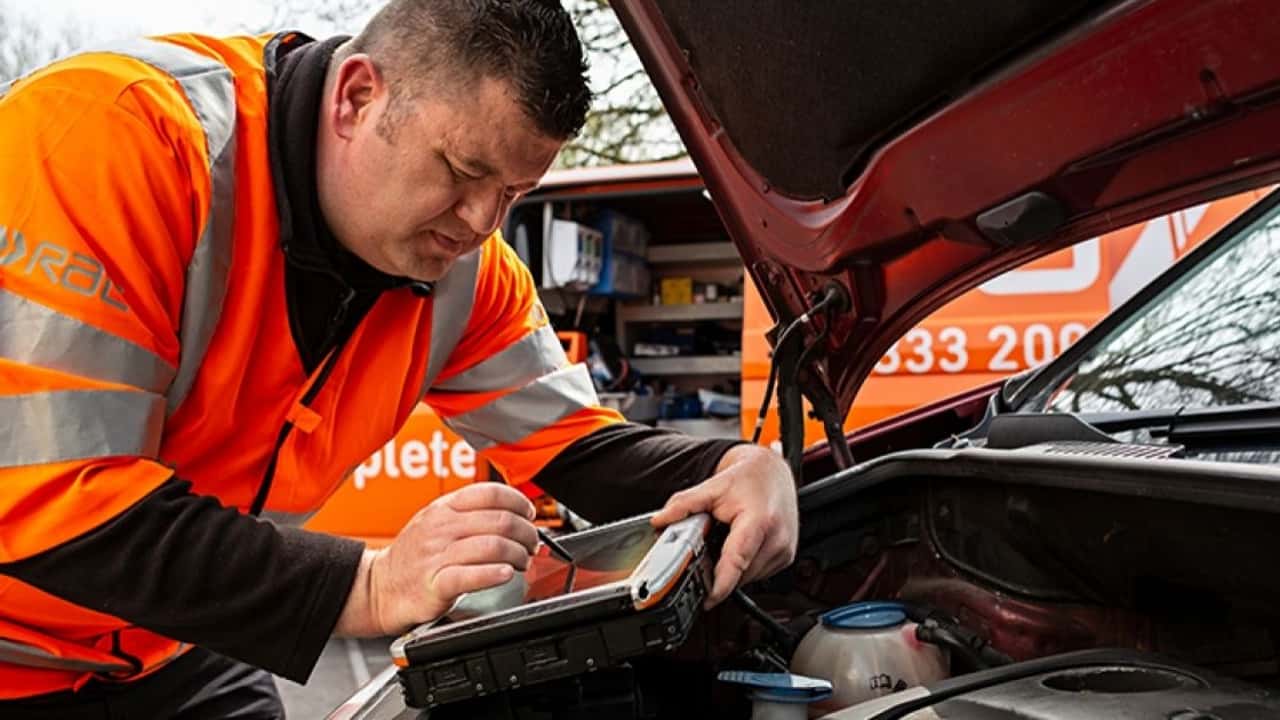Check out your 12-volt battery before it’s too late.
Get ready, folks – Monday, 6 January, is shaping up to be a real “non-starter” for thousands of drivers, literally. According to the RAC, this could be one of the busiest breakdown days of the year as cars everywhere succumb to that dreaded post-holiday blues: flat batteries.
It’s no surprise, really. After weeks of festive idleness – vehicles parked, ignored, and left to gather dust while their owners binge Christmas movies – many batteries will likely call it quits when commuters attempt to revive them for the first working day of 2025.
Here’s the kicker: households with multiple cars are especially at risk. Sure, you might’ve been whizzing around in the family SUV to pick up the turkey and drop off gifts, but that poor second car, parked forlornly on the driveway, hasn’t so much as coughed since mid-December.
RAC spokesperson Alice Simpson warns that this annual automotive apocalypse is entirely avoidable. “The first day back at work is grim enough without your car refusing to play ball,” she says. “But it’s easy to prevent – just take your car out for a proper spin during the holidays. Even electric cars, which rely on their 12-volt batteries to start, need a little love.”
Never leave your car without maintenance:
And yes, before you smugly nod about your state-of-the-art electric vehicle, those too are vulnerable. They might not purr with a combustion engine, but their batteries still demand attention – especially during winter when cold weather saps their strength.
The RAC’s mechanics, likely bracing themselves for a deluge of desperate calls, have shared their top tips to avoid 6 January becoming your personal Groundhog Day:
“Colder weather slows down the chemical reaction in vehicle batteries, plus they have to work harder in the winter months due to greater use of the heater, lights, heated screens and seats as well as windscreen wipers. The starter motor also has to work harder to turn over the engine in the cold, so if your car is particularly slow to start then the battery could be about to fail,” RAC spokesperson Alice Simpson explains.
Source:
RAC
